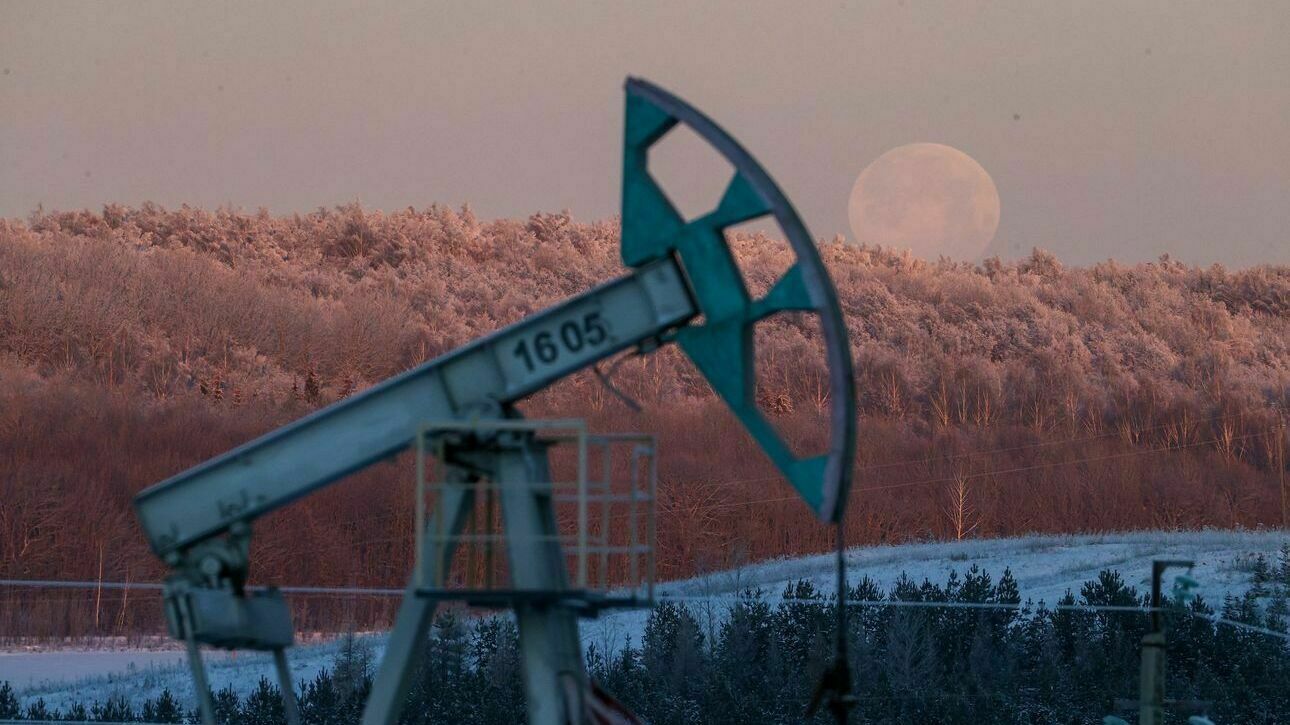Posted 19 января 2023, 11:32
Published 19 января 2023, 11:32
Modified 19 января 2023, 11:48
Updated 19 января 2023, 11:48

The new oil price ceiling will have a painful impact on the Russian economy
As you know, the West intends to inflict another blow on the oil and gas sector of Russia. According to The Wall Street Journal, a new price ceiling for Russian petroleum products will be introduced from February 5, 2023. It is expected that there will be two price limits: for expensive goods (diesel fuel), and for cheaper ones (fuel oil).
The new restriction, according to the Helsinki Center for Energy and Clean Air Research (CREA), will increase Russia's daily losses from $172, which are now fixed due to the establishment of an oil price ceiling, to $280 million. At the current exchange rate, this is almost ₽19 billion. At the same time, the Center announced proposals for further tightening of restrictions: the price ceiling for oil may be reduced to $25-35, which will lead to an additional loss of €100 million per day, and fines for non-compliance with additional sanctions that will take away another €200 million per day. The fact that the restrictions are in effect is shown by the statistics of energy and petroleum products supplies to Europe in monetary terms. The United States has already overtaken Russia in this indicator. Technological sanctions also did not remain an empty sound: the Ministry of Transport of Primorsky Krai warned about a reduction in the number of regional flights operated by the united Far Eastern airline Aurora. Some of the Canadian DHC-6 aircraft are running out of engines in 2023, but there are no spare parts for repairs. And the Baikal aircraft from UZGA should arrive only by 2030.
Experts of the Kremlin Mamkoved channel believe that the embargo and the price ceiling on Russian oil products, which will take effect on February 5, may cause more damage than restrictions on the supply of crude oil. According to Reuters, Russian refineries will be forced to reduce production by 15% due to new sanctions.
"This forecast is similar to the truth, since the EU and G7 countries that impose embargoes accounted for 57% (82 million tons) of all exports of petroleum products in 2021. The total production of petroleum products at 34 large and 230 small refineries in Russia is 330 million tons. So the embargo will immediately affect a quarter of all production. But ready-made diesel fuel can at least partially save the fact that it is in short supply in the world. Its supplies, like Russian oil, will be supported by a shadow fleet of tankers, loading on which takes place directly on the high seas. After mixing the fuel, it is no longer possible to determine the country of origin.
However, the shadow fleet of tankers for petroleum products is much smaller than for oil. It will not be enough for all types of petroleum products. Exports of naphtha (straight-run gasoline) and fuel oil will suffer the most. It is these products that will account for the main decline in production. It will not be possible to replace the usual consumers with India and China: these countries do not have a shortage of their own capacities for the production of these products. First of all, Rosneft, which produces 40% of all fuel oil in Russia, is under attack. In addition, Rosneft's refineries in the Samara region have not been modernized for a long time and produce low-quality fuel oil. Such enterprises are threatened with closure.
The reduction in production at the refinery, which employs about 120 thousand people, will also affect the production of crude oil. Mining companies will be forced to conserve wells. In most cases, this means the loss of the deposit. Firstly, conservation without the threat of waxing is a technologically complex process. Secondly, returning to heavily watered fields with drilling of new wells will be economically unprofitable..."